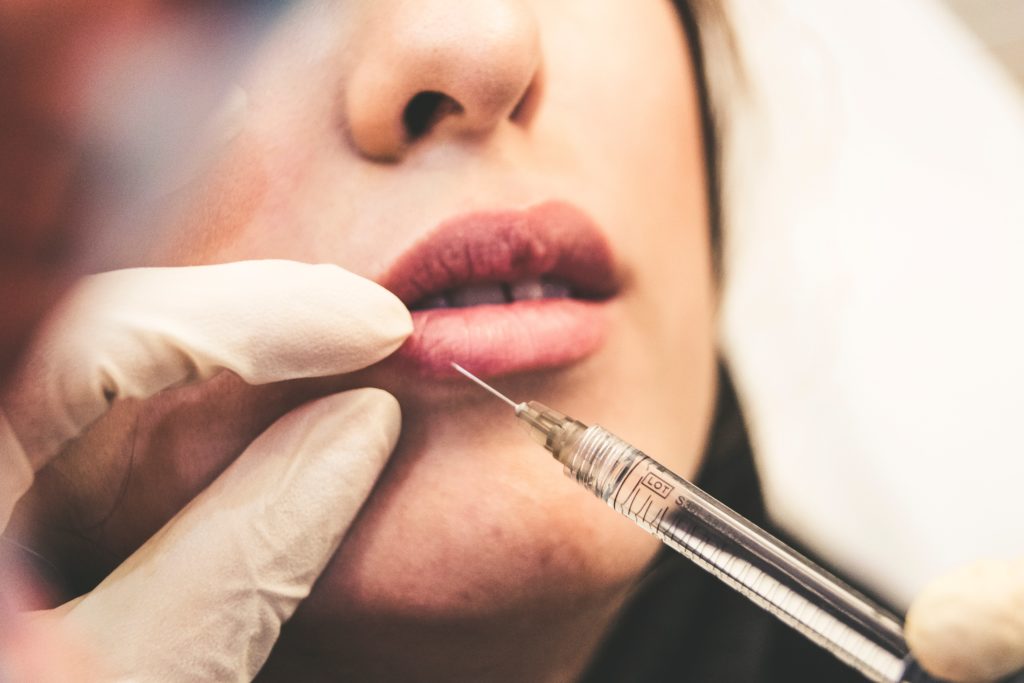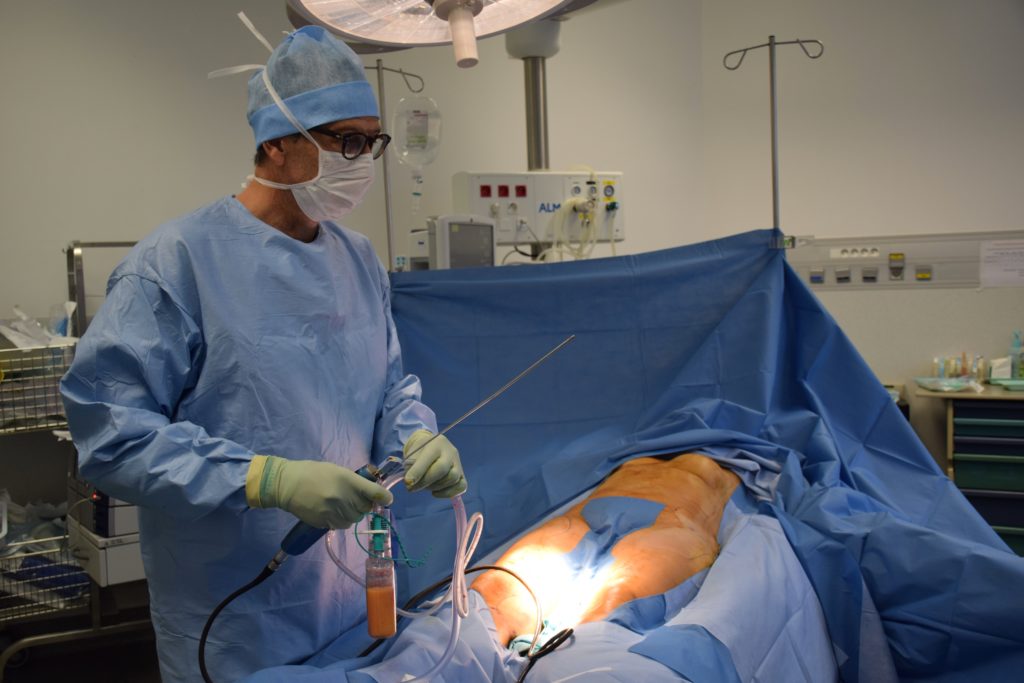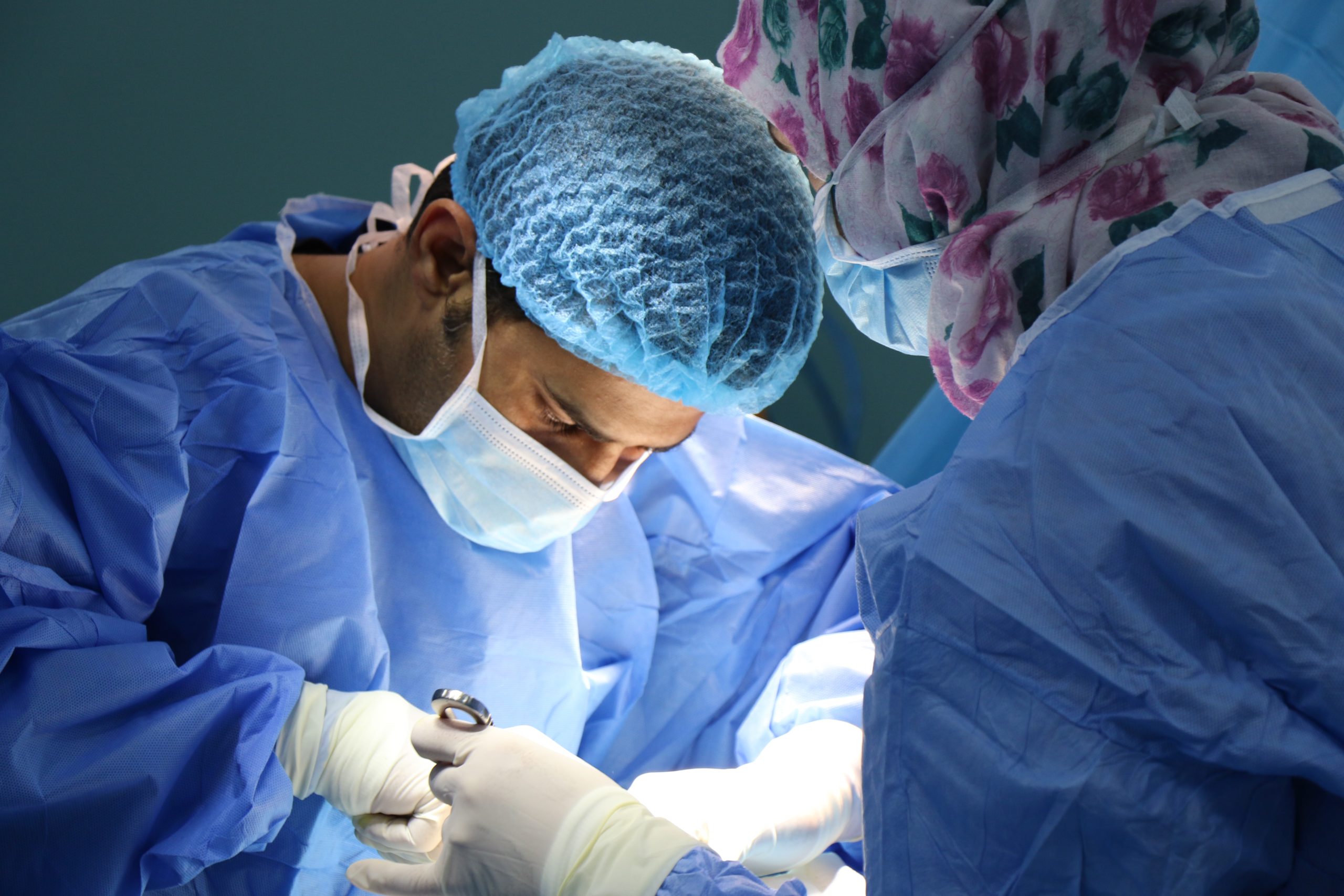Have you ever considered getting plastic surgery? You may want to enhance your physical appearance or correct a feature that has always bothered you. While plastic surgery can be a life-changing experience, it is important to know the facts before going under the knife.
From risks and complications to costs and recovery time, understanding what you should know before getting plastic surgery can help you make a more informed decision and ensure a positive experience.
Let’s explore the key things you should consider before taking the leap.
Understanding Plastic Surgery

Plastic surgery is a medical procedure that involves reshaping and improving the body’s appearance. It includes both reconstructive surgery and cosmetic surgery.
Reconstructive surgery is performed to correct defects in the body caused by birth defects, injury, or disease. This type of surgery is typically covered by insurance which aims to restore the function and appearance of the affected body part.
On the other hand, cosmetic surgery is performed to enhance the appearance of a person’s body or face. This type of surgery is usually not covered by insurance, and the goal is to improve the patient’s aesthetic appearance.
Standard cosmetic procedures include breast augmentation, facelifts, nose reshaping, liposuction, and tummy tucks. These surgeries are usually elective and require careful consideration before undergoing the procedure.
It is important to note that plastic surgery carries risks and should only be performed by a qualified and experienced plastic surgeon. Patients should discuss the surgery’s risks, benefits, and expectations with their doctor before deciding.
Risks and Benefits of Plastic Surgery

Risks:
- Complications related to anesthesia, such as allergic reactions or heart problems
- Infection or bleeding at the surgical site
- Scarring, which can be noticeable and/or keloid (raised and thickened)
- Numbness, tingling, or other changes in sensation at the surgical site
- Changes in skin color or texture
- Unsatisfactory results lead to the need for additional surgeries
Benefits:
- Improved physical appearance, which can boost self-esteem and confidence
- Correction of physical abnormalities or deformities that may cause functional problems (e.g., breathing difficulties due to a deviated septum)
- Reversal of some signs of aging, such as sagging skin, wrinkles, or loss of facial volume
- Better fitting of clothes or improved ability to engage in physical activities
It’s important to note that plastic surgery should not be considered a “quick fix” solution and that it carries risks and potential complications. It’s also important to have realistic expectations about the outcome of the surgery and to carefully choose a qualified and experienced plastic surgeon.
Choosing a Plastic Surgeon

Here are some guidelines to help you choose a plastic surgeon:
- Board Certification: Ensure that the surgeon you choose is certified by the American Board of Plastic Surgery or an equivalent board in your country. This guarantees that the surgeon has received the necessary training and has passed the required exams.
- Experience: Look for a surgeon with experience in the specific procedure you are interested in. A surgeon specializing in breast augmentation may not be the best choice for a facelift.
- Referrals: Ask for referrals from friends or family members who have had successful plastic surgery procedures. Alternatively, you can check online reviews or ask your primary care physician for recommendations.
- Consultations: Schedule consultations with at least two or three plastic surgeons to discuss your goals and concerns. This will allow you to ask questions and assess the surgeon’s communication skills and bedside manner.
- Facility Accreditation: Check that the surgeon operates in a properly accredited surgical facility with a good safety record.
- Cost: While cost should not be the only factor in your decision, it is important to clearly understand the fees involved and whether your insurance will cover any of the costs.
Remember that plastic surgery is a serious decision that requires careful consideration. Take your time to find the right surgeon for you and ensure you feel comfortable and confident in your abilities before proceeding with any procedure.
Preparing for Plastic Surgery
if you are looking for tips on how to prepare for plastic surgery, here are a few general guidelines:
Consult with a Board-Certified Plastic Surgeon
Choose a board-certified plastic surgeon with the necessary experience and credentials to perform the desired surgery. Consult them to discuss your goals and expectations and get a clear idea of what the surgery will involve.
Get a Medical Evaluation
Before the surgery, your surgeon will perform a medical evaluation to ensure you are healthy enough for the procedure. They may order lab tests, imaging studies, or other medical evaluations to ensure you are a good candidate for the surgery.
Quit Smoking
Smoking can interfere with healing and increase the risk of complications. It’s important to quit smoking at least a few weeks before the surgery and avoid smoking during recovery.
Avoid Certain Medications
Some medications can increase the risk of bleeding or other complications during surgery. Your surgeon will provide you with a list of medications and supplements to avoid before the procedure.
Prepare for Recovery
Depending on the type of surgery, you may need to take time off work and arrange for someone to help you with your daily activities during the recovery period. Follow your surgeon’s instructions for post-operative care and attend follow-up appointments to monitor your progress.
Alternatives to Plastic Surgery
- Non-surgical cosmetic treatments – There is a range of non-surgical cosmetic treatments, such as Botox injections, dermal fillers, chemical peels, and microdermabrasion, that can help improve the appearance of wrinkles, fine lines, and other signs of aging.
- Exercise and diet – Exercise and a healthy diet can help you maintain a healthy weight and improve your overall health, which can help improve your appearance.
- Skincare – A good skincare routine can help improve the appearance of your skin, reducing fine lines, wrinkles, and other signs of aging.
- Makeup – Makeup can be a great way to enhance your natural beauty and improve your appearance.
- Meditative practices – Meditative practices such as yoga and mindfulness can help reduce stress and promote relaxation, which can positively impact your appearance.
- Lifestyle changes – Lifestyle changes such as reducing alcohol consumption, quitting smoking, and getting enough sleep can also help improve your appearance.
Conclusion
Before considering plastic surgery, it is important to research, understand the risks and benefits, have realistic expectations, and, most importantly, ensure that you are doing it for yourself and not others. Remember, plastic surgery is a personal decision that should be carefully thought out and planned for with the guidance of a trusted and experienced surgeon.
